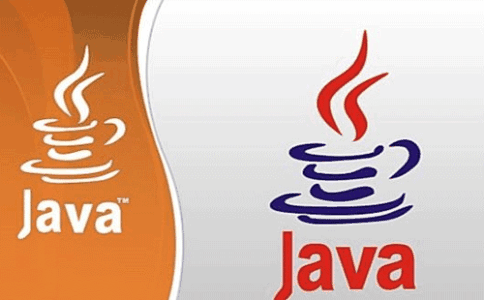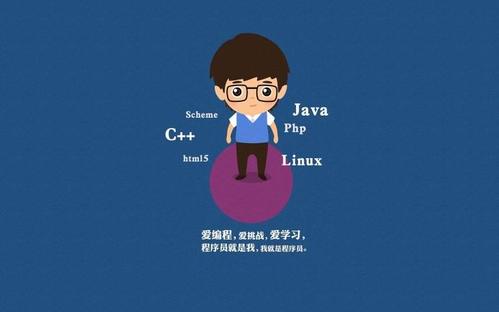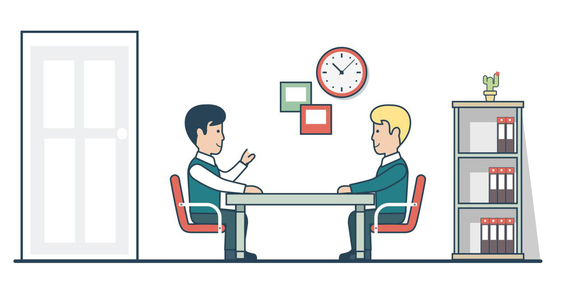Today I share an experience of a certain treasure interviewing java back-end.

The interview process shared this time is mainly divided into telephone interview, on-site interview and HR interview. The interview content is as follows:
1. Telephone interview:

Self introduction:
Introduce your basic information concisely and concisely, including your name, hometown, graduate school, education background, working years, etc.,
Project Status:
-
Describe a project that you think is the most familiar or has the greatest impact on you, preferably the introduction of the project that is relatively high in the resume (the project resume in the resume should be sorted in chronological order, with the newest first)?
-
Describe what technologies have been used and what new skills have been learned in the project?
-
Which part of the narrative project is the most difficult to overcome? How to overcome difficulties?
Basic knowledge:
-
Htttp protocol
-
The difference between HashMap and concurrenthashma and the advantages and disadvantages of the two
-
Understanding of MySQLOracle, the difference between MySQL and Oracle
-
What are the design patterns and understanding of design patterns
-
Application to realize distributed cache
-
Multithreading related knowledge, if you avoid deadlock
-
Java's JVM mechanism
-
Understanding of Runtime
Basic knowledge is a very important question and answer link in the telephone interview process, which determines the starting point and whether the next interview can be carried out. Before the interview, it is necessary to review and sort out the relevant basic knowledge content.

2. On-site interview:

Background understanding:
-
University professional knowledge, if it is a programming-related major, I will ask less, if not, I will ask some why I chose programming? What is the reason for embarking on the road of programming, etc.
-
When to start working formally contact programming
-
The method of self-study in normal times, the road of programming keeps pace with the times, and the rapid changes in technology, we must persist in learning
-
What position and role are held in the project
-
In the process of project operation, whether there were conflicts with other requirements due to demand differentiation, and how to solve them
-
Periodic issues of the project and completion effect
-
Design patterns used in specific parts of the project and briefly describe the reasons for selection
The main part of the on-site interview is the technical aspect, in which questions are related to the project. In the project, from technology to individual team leadership, from completion and execution ability to thinking flexibility, all interviewers hope to obtain information. Therefore, you must prepare for your own project in many aspects, and you need to constantly think about improvement plans and specific measures in the process of project review.

3. HR interview:

-
hobby
-
How do you feel about the completion of your role in the project, or what do you do when you hold some important positions
-
How to treat the corresponding common sense of our company and how much we know about our company
-
Career planning, future work direction, technical direction or management direction
-
Career planning in recent years, whether to work locally for a long time or whether to travel on business
-
Salary issues and entry status
As interviewees, it is difficult for us to judge the deficiencies of the company system, and for large companies or interviewers, most of them have a sense of belonging to the company, so we must carefully consider various issues that may be mentioned before the interview. It is important to organize and package the language, try to direct the interview topic in a direction that is beneficial to you, and hide it properly.

A summary of interview questions for a treasure

-
The difference and algorithm of HashMap&ConcurrentHashMap?
-
How does the lock mechanism work?
-
Four characteristics of transactions?
-
Clustered index & non-clustered index?
-
Use your own practical experience to talk about the usage scenarios of the index (say one should give an example)?
-
Class loading process?
-
Parental delegation mechanism and why?
-
GC algorithm?
-
Tell me about the projects I participated in, what is the technical difficulty?
-
How to sort the bottom of the collection?
-
Http request process, briefly describe the use of thread pool and concurrency tools?
-
The principle of database indexing?
-
Talk about some applications of SpringBoot/SpringCloud?
-
How to implement blocking queue without using java provided by itself, why use the principle of slow start algorithm load balancing?
-
Redis data consistency?
-
How to deal with high concurrency?
-
What is your career plan
-
Understanding of some middleware used in the project, such as Dubbo, MQ, Redis, kafka, etc.?
-
What is your evaluation of the last company and your own growth?
Finally, I will share the interview materials summarized by the editor here, and there are more 2020 latest java core knowledge points + interviews with major manufacturers + java architecture special interview materials + 50 classic java algorithm questions and more can be obtained for free by clicking here .
1. JAVA core knowledge point interview 2. Big factory interview



Love life, love sharing, love programming!